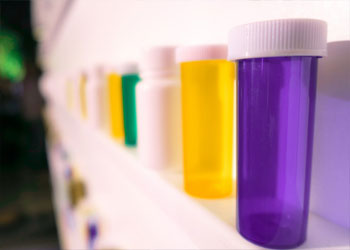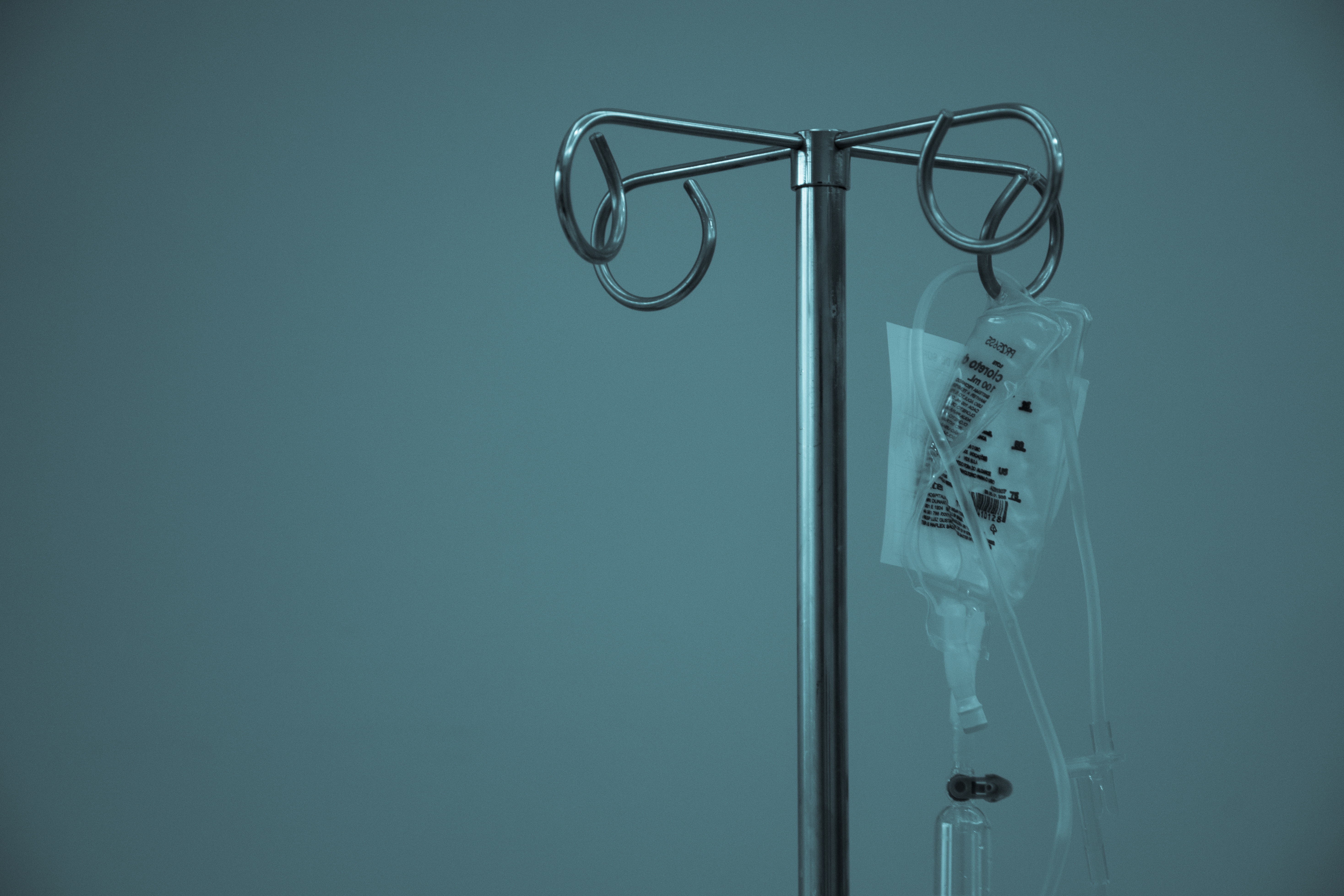Detox is a necessary procedure that removes traces of drugs and alcohol from your system. Your body takes in a large amount of toxins when you are addicted to drugs or alcohol. After detoxing, you will no longer suffer from the severe withdrawal symptoms of your body attempts to remove traces of drugs and alcohol. Furthermore, some rehab centers require that you’ve gone through the detox process before entering their substance abuse programs. Therefore, you should understand how and why to detox.
What is Detoxing?
According to the SAMHSA/CSAT Treatment Improvement Protocols, detoxification can be generally defined as a set of interventions aimed at managing acute intoxication and withdrawal.” The purpose of this procedure is to reduce the potential physical harm that an abused substance can cause. Detoxing is not treatment, but it is a first step. In many cases, medical staff will safely assist an individual through withdrawal from drugs or alcohol in a medical context.
Components of Detox
Detoxing has three components:
- Evaluation: A medical staff will test the concentration of substances present in the bloodstream. Additionally, there is a medical and psychological assessment of the patient. This assessment determines which type of treatment will be best after the detox.
- Stabilization: Physicians and nurses assist the patient through acute intoxication and withdrawal. This prepares the patient for treatment and recovery. This stage also gets family and other relevant people involved.
- Fostering the patient’s entry into treatment: During this stage, doctors express the importance of substance abuse treatment to the patient. This step is important because detox alone is not treatment.
Can I Do It on My Own?
Detoxing on your own can be life-threatening. Stopping substance use “cold turkey” can result in unmanageable withdrawal symptoms. Supervision is important when your body is releasing toxins because it is incredibly exhausting and taxing. Your body will experience a large amount of stress during the detox period, and you may react in unexpected ways. Medical staff can supervise and take the appropriate precautions during your detox. A supervised detox will also increase your chances of success and help you avoid relapse.
It is a proud moment when you think about freeing your body from traces of drugs and alcohol. Trained professionals want to help you accomplish your detox goals and help you find the appropriate next steps. Detoxing is an important procedure and when properly supervised, you ensure that you’re prepared for the road to recovery. If you want to learn more about the detox process or you are concerned about a loved one’s substance addiction, contact Substance Intervention LLC today.




Leave a Reply